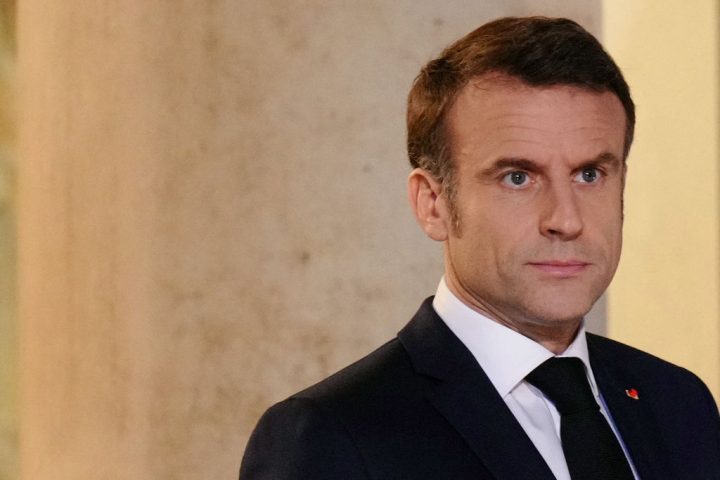On Friday President Emmanuel Macron welcomed Volodymyr Zelensky to the Elysée with great fanfare. The Ukrainian president was in Paris to sign a ten-year bilateral military agreement for France to supply and finance Kiev’s war effort and reconstruction, having already signed similar agreements with Britain and Germany. But behind Macron’s window dressing is France’s acute embarrassment at its low level of military support for Ukraine since the war began nearly two years ago.
Already a subscriber? Log in
Subscribe for just $2 a week
Try a month of The Spectator Australia absolutely free and without commitment. Not only that but – if you choose to continue – you’ll pay just $2 a week for your first year.
- Unlimited access to spectator.com.au and app
- The weekly edition on the Spectator Australia app
- Spectator podcasts and newsletters
- Full access to spectator.co.uk
Or




















Comments
Don't miss out
Join the conversation with other Spectator Australia readers. Subscribe to leave a comment.
SUBSCRIBEAlready a subscriber? Log in